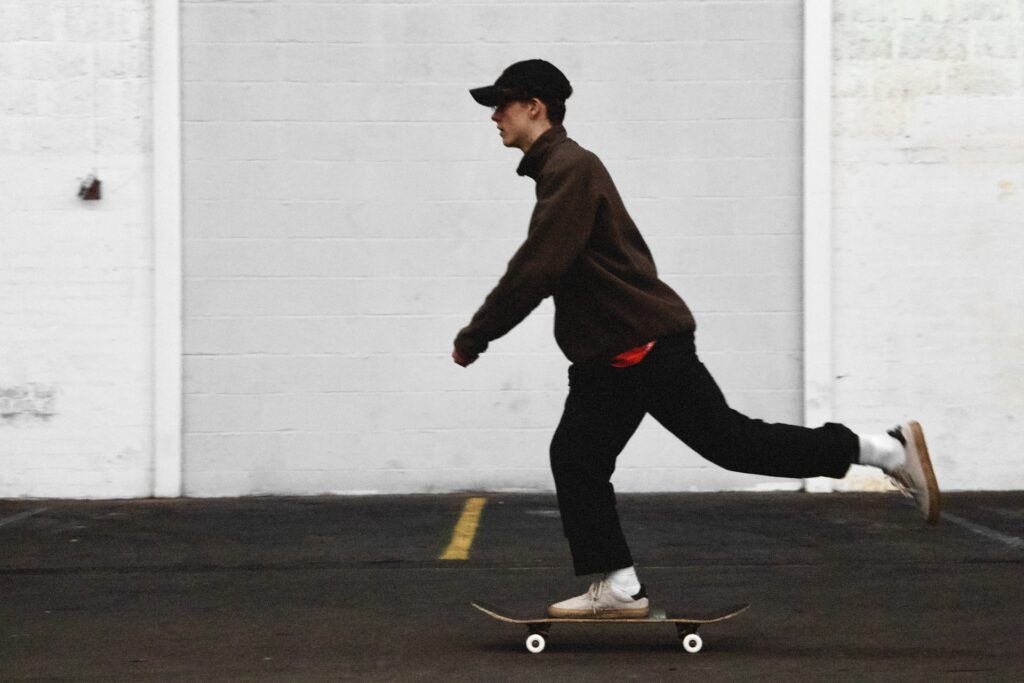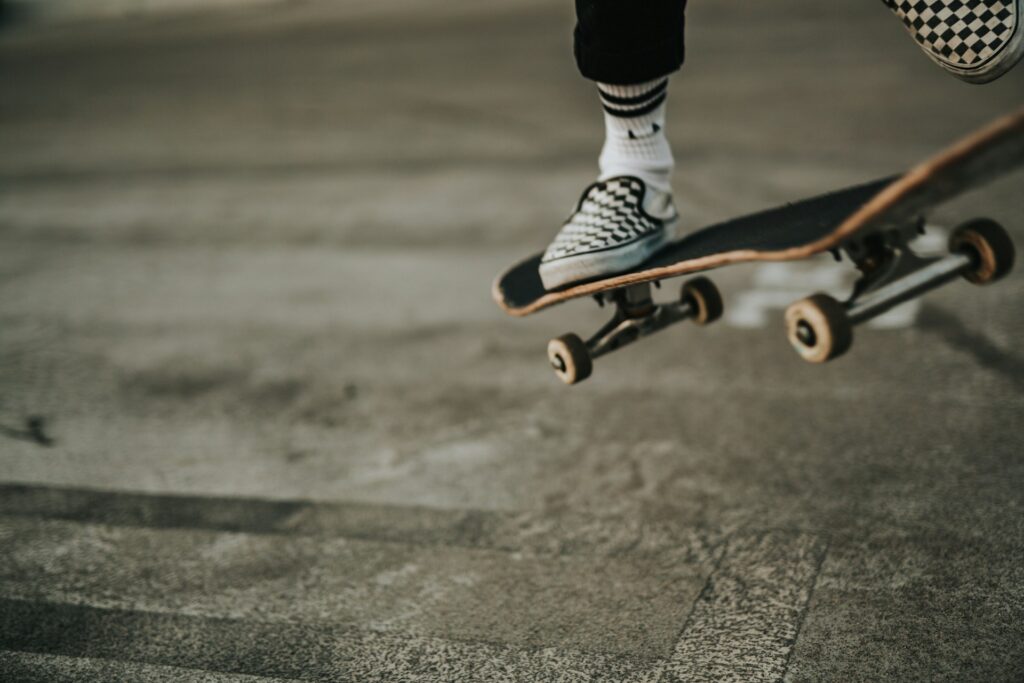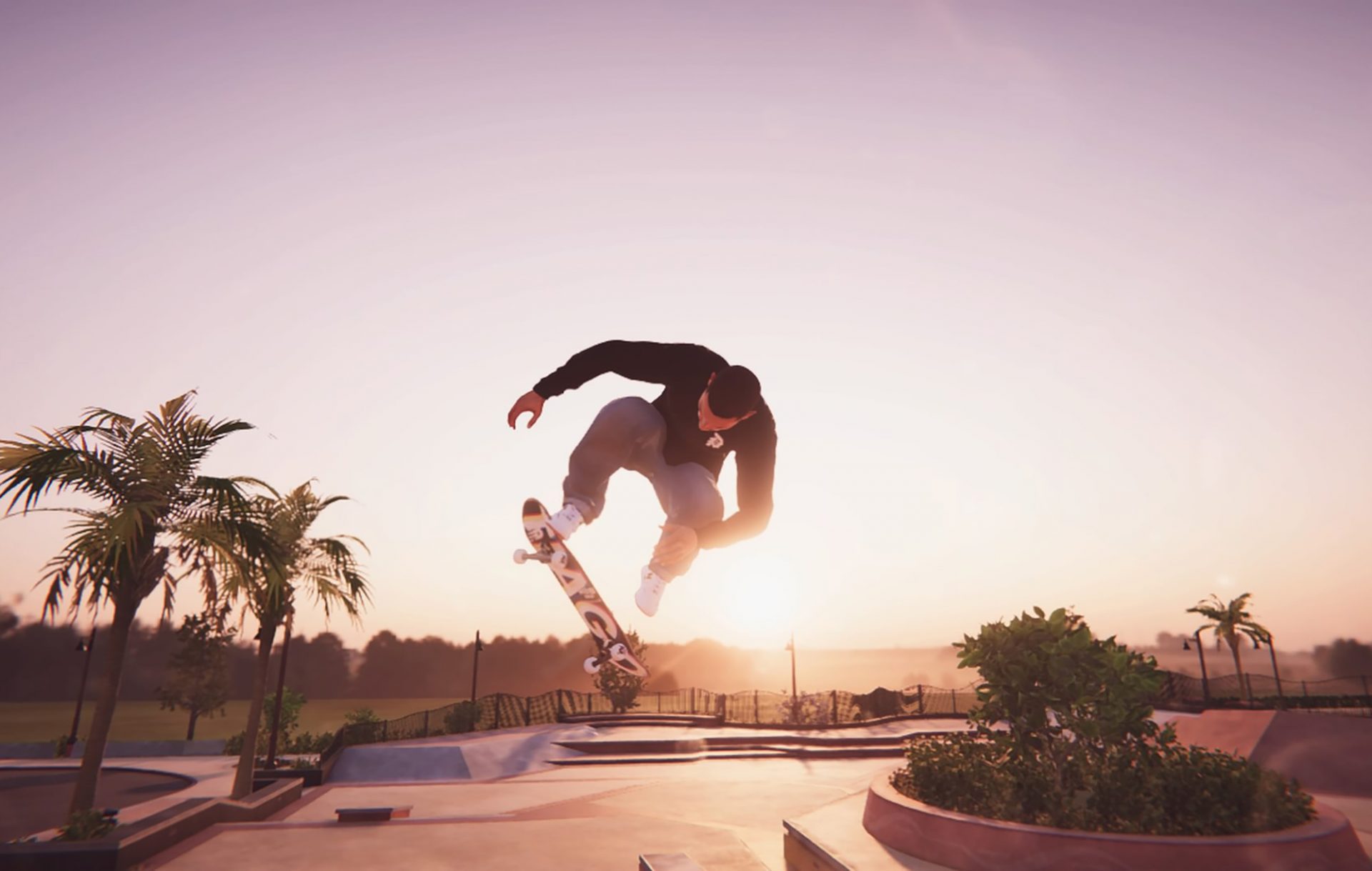Skateboarding has evolved from a countercultural pastime to a mainstream sport, even securing a spot in the Olympics. For many enthusiasts, the dream of turning a skateboarding hobby into a professional career is tantalizing but also daunting. The journey from casual skater to professional involves not only honing one’s skills but also understanding the business aspects that come with it. This article explores the multifaceted process of becoming a professional skateboarder, offering insights into the necessary steps and considerations.
Mastering the Craft
Skateboarding at a professional level requires exceptional skill and dedication. It all starts with a passion for the sport and a commitment to continuous improvement. Aspiring pros must spend countless hours practicing, learning new tricks, and perfecting their technique. This relentless dedication helps skaters develop their unique style, which is crucial for standing out in a crowded field.
Consistent Practice
Consistency is key. Regular practice helps build muscle memory, improve balance, and refine skills. Setting a daily or weekly schedule for practice can help maintain discipline and track progress.

Joining local skate parks or skateboarding clubs can provide valuable practice opportunities and foster a sense of community.
Learning from the Best
Watching professional skateboarders can be incredibly instructive. Many pros share tips and tricks on social media platforms, offering tutorials and insights. If you too want to share your knowledge and experience, consider hiring website developers in Green Bay to do it ina professional way, increasing your credibility among younger skatebuddies. Studying these videos and trying to replicate the techniques can accelerate learning. Additionally, participating in workshops or training camps led by experienced skateboarders can provide hands-on guidance and mentorship.
Building a Personal Brand
In today’s digital age, personal branding is crucial for aspiring professional skateboarders. A strong personal brand can attract sponsorships, increase visibility, and build a loyal fan base. Here’s how to cultivate an effective personal brand:
Social Media Presence
Social media platforms like Instagram, YouTube, and TikTok are powerful tools for skateboarders. Regularly posting high-quality videos of tricks, practice sessions, and competitions can engage a broad audience. Engaging with followers, responding to comments, and collaborating with other skaters can further enhance visibility.
Unique Style and Personality
Developing a unique style, both in terms of skateboarding and personal presentation, can set you apart.

Your personality, fashion choices, and the way you interact with fans contribute to your brand identity. Authenticity is key; staying true to yourself will resonate more with your audience. It doesn’t matter if you are a rockstar or a fancy girl who does her manicure in Flatiron, just be yourself to stay recognizable.
Professional Portfolio
Creating a professional portfolio that showcases your skills and achievements is essential. This can include a well-edited highlight reel, competition results, and testimonials from respected figures in the skateboarding community. A professional website with the help of custom WordPress development can serve as a hub for this content, providing a polished presentation for potential sponsors and fans.
Competing in Events
Competitions are a significant aspect of a professional skateboarder’s career. Success in competitions can lead to recognition, sponsorships, and financial rewards. Here’s how to navigate the competitive landscape:
Local and Regional Competitions
Starting with local and regional competitions can provide valuable experience and help build a competitive resume. These smaller events are great opportunities to gain exposure, network with other skaters, and attract local sponsors. Consistent performance in these competitions can pave the way for entry into larger, more prestigious events.
National and International Competitions
As you gain experience and improve your skills, aiming for national and international competitions becomes the next step. Events like the X Games, Dew Tour, and Street League Skateboarding (SLS) are prestigious platforms that offer significant exposure. Performing well at these events can attract major sponsors and elevate your status in the skateboarding community.
Preparing for Competitions
Preparation for competitions involves both physical and mental training. Developing a routine that includes practice, fitness training, and mental conditioning can enhance performance. Understanding the judging criteria and tailoring your routine to meet those standards can also increase your chances of success. Hire professional movers and packers if you need to move to another apartment, and save some time for yourself and for practice.
Securing Sponsorships
Sponsorships are a vital component of a professional skateboarder’s career. They provide financial support, gear, and opportunities for further exposure. Here’s how to attract and secure sponsorships:
Identifying Potential Sponsors
Research companies that align with your personal brand and skateboarding style. These can include skateboarding gear brands, apparel companies, and even non-skateboarding brands that target a similar demographic, like sex enhancement waffle cones. Make a list of potential sponsors and learn about their sponsorship programs and requirements.
Crafting a Sponsorship Proposal
A well-crafted sponsorship proposal is essential. This document should highlight your achievements, your audience, and how a partnership can benefit the sponsor. Include statistics from your social media platforms, competition results, and any media coverage you have received. Personalize each proposal to demonstrate genuine interest in the brand.
Building Relationships
Building relationships within the industry is crucial. Networking with other skaters, attending industry events, and engaging with potential sponsors on social media can help build connections. Attend diverse events, even car exhibits or millimeter wave isolators presentation, you never know where a fellow skateboard enthusiast might be. Demonstrating professionalism, reliability, and a positive attitude can make you more attractive to sponsors.
Managing Finances
Financial management is a critical, yet often overlooked, aspect of becoming a professional skateboarder. Understanding how to manage earnings, expenses, and investments can ensure long-term financial stability.
Budgeting
Creating a budget helps track income and expenses. Include costs such as travel, equipment, competition fees, and personal expenses. The same way truck owners think about security through truck insurance, you should also find some insurance good enough to secure your business. Staying within budget and planning for future expenses can prevent financial stress.
Diversifying Income
Relying solely on competition winnings and sponsorships can be risky. Diversifying income through avenues such as merchandise sales, coaching, or creating monetized content can provide additional financial security. Exploring multiple income streams can ensure a steady flow of earnings.
Professional Advice
Seeking advice from financial advisors or accountants can be beneficial. They can provide guidance on tax planning, investments, and savings strategies. Professional advice can help manage earnings effectively and plan for the future. Consider consulting a business litigation expert witness in case of any legal problem.
Navigating the Industry
The skateboarding industry is complex, and understanding how it works is essential for long-term success. Navigating industry dynamics, staying updated on trends, and building a strong network can enhance career prospects.
Staying Informed
Keeping up with industry news, trends, and changes is crucial. Follow industry publications, join skateboarding forums, and attend events to stay informed. In case you visit a forum in Serbia, it Is advised that you rent a car in Beograd and explore all the skating sights in the city. Understanding the latest trends can help you adapt and stay relevant.
Networking
Building a strong network within the skateboarding community can open doors to new opportunities. Networking with other skateboarders, industry professionals, and sponsors can lead to collaborations, sponsorships, and media exposure. Being active in the community and maintaining positive relationships is vital.
Adapting to Changes
The skateboarding industry is constantly evolving. Being adaptable and open to new opportunities can help sustain a long-term career. Embracing new technologies, trends, and opportunities for growth can keep your career dynamic and exciting. One day you might need some roofing services in Hillsborough to ake a rooftop skatepark, so save the contact for the future reference.
Maintaining Health and Wellness
Physical and mental health are critical for sustaining a professional skateboarding career. Injuries are common in skateboarding, making health and wellness a top priority.
Physical Fitness
Maintaining physical fitness through strength training, flexibility exercises, and cardiovascular workouts can enhance performance and prevent injuries. Working with trainers or physical therapists can provide tailored fitness plans that address the specific needs of skateboarders.
Injury Prevention and Recovery
Injury prevention should be a key focus. Wearing appropriate protective gear, warming up before sessions, and practicing safe techniques can reduce the risk of injury. In case of injury, following a proper recovery plan and seeking professional medical advice is essential for a full recovery.
Mental Health
Mental health is equally important. The pressures of competition and the demands of maintaining a professional career can be stressful. Developing coping strategies, seeking support from friends, family, or mental health professionals, and ensuring a balanced lifestyle can support mental well-being.
Conclusion: The Business of Becoming a Pro Skateboarder
In conclusion, transforming a skateboarding hobby into a professional career involves a blend of skill development, personal branding, competitive success, financial management, industry navigation, and health maintenance. It’s a journey that requires passion, dedication, and strategic planning. By understanding and addressing the various aspects of becoming a professional skateboarder, aspiring pros can turn their dreams into reality and enjoy a rewarding career in this thrilling sport.

